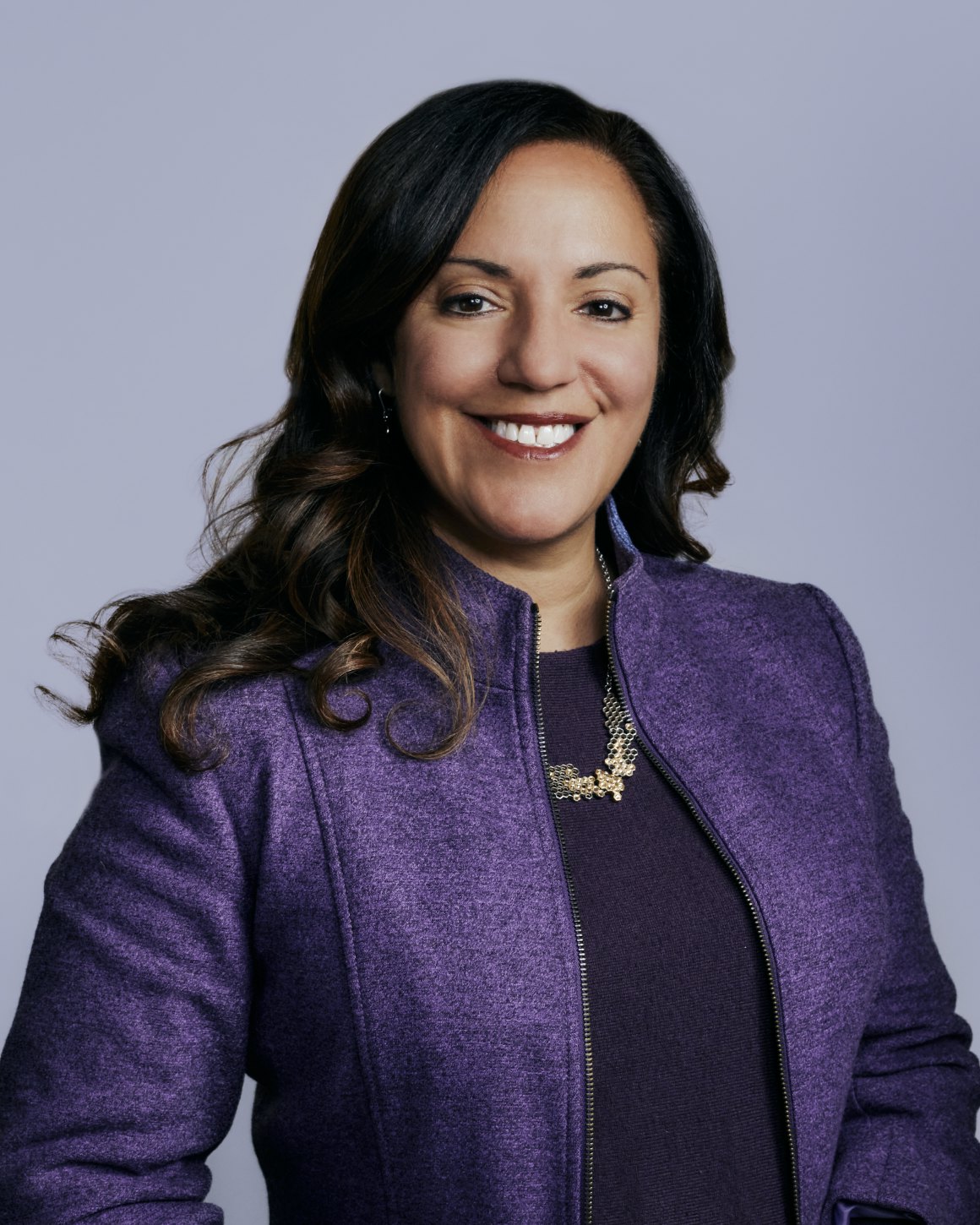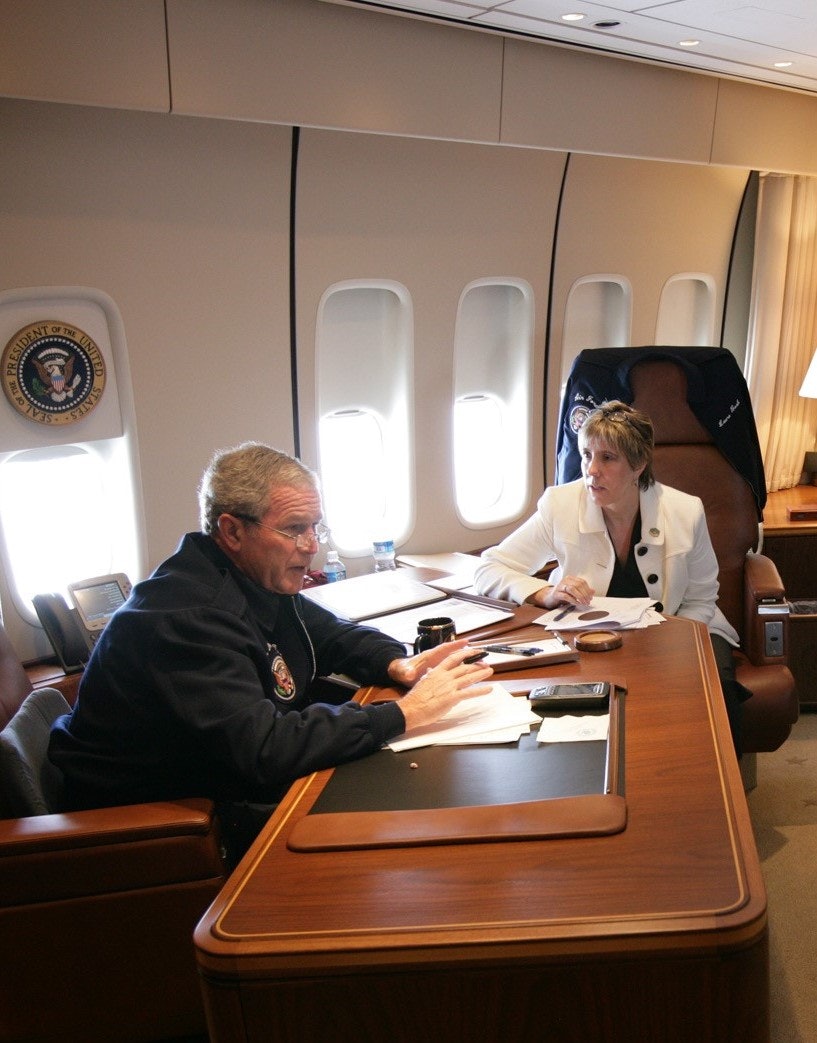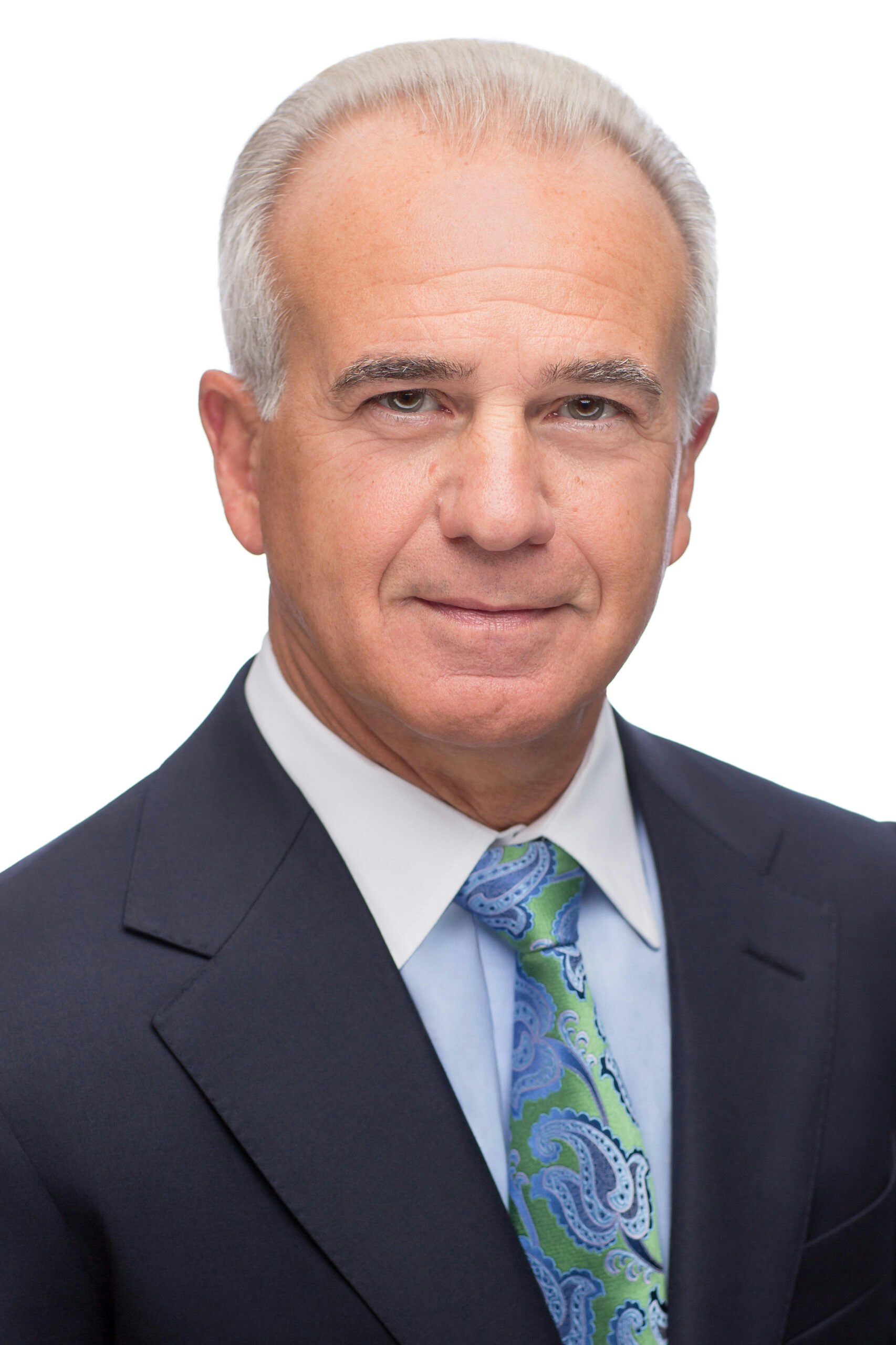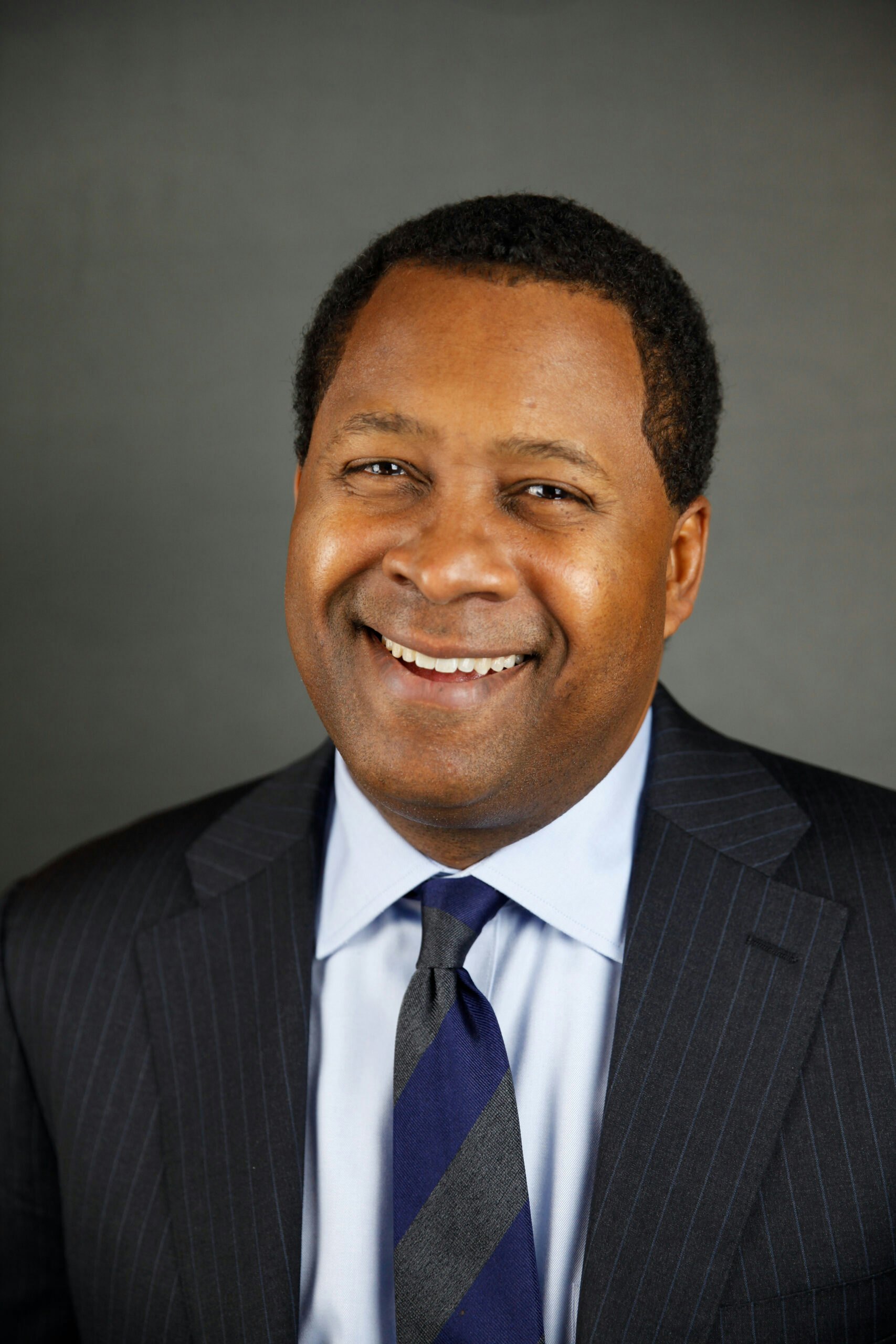Alison Young joins us this month to discuss civic engagement, leadership – including lessons from her Bush administration days that continue to serve her well – and the story of her favorite moment at the White House.
Alison Young takes an interesting approach to the study of executive leadership. As managing partner at Philadelphia-based Red, White and Blue Strategies since 2018, she uses science to assess emotional intelligence as the key to effective leadership. She is also an on-air political commentator for the ABC affiliate in Philadelphia, was appointed to the Pennsylvania Commission for the United States Semiquincentennial, is on the faculty of the Women’s Campaign School at Yale, and somehow is making time to pursue a Ph.D. at NYU in the neuroscience of effective public sector leaders. Young, who concluded her six years in the administration with a nearly yearlong run as Acting Director of USA Freedom Corps, joins us this month to discuss civic engagement, leadership – including lessons from her Bush administration days that continue to serve her well – and the story of her favorite moment at the White House.
Q: Can you tell us more about your work at RWB Strategies and why you find it so fulfilling?
RWB is a management consulting firm whose clients seek to do business with federal and state governments. I chair our leadership training practice group, which means I get to work with executives, public sector officials, and candidates for office to create personalized leadership training programs that build stronger public speakers, more effective communicators, and more authentic leaders. While the organizational behavior side is interesting, I am most fulfilled by one-on-one coaching. I’m certified in emotional intelligence assessment that uses neuroscience and habits to focus on behavior change, not personalities, which a lot of leadership training does. This work combines my time in government, higher Ed, and the private sector and I love how tangible the process is for people who are prone to needing to see results quickly. Coaching people to realize a goal or make a change that has plagued them for their entire career is incredibly rewarding. Now, if I could just find a coach to help my pickleball game….
Q: What motivated you to also pursue a doctorate in the neuroscience of effective public sector leaders at NYU and what are you finding in your research?
Following my time in the administration, I became the executive director of the Institute for Strategic Leadership at Drexel University and was appointed to the faculty at the Campaign School at Yale. I was intending to remain a practitioner, not an academic, and influence the field in that way. I was fortunate to be consistently meeting driven, engaged problem solvers, yet nothing was changing. So, with faith in public institutions at an all-time low, and a nagging desire to solve, here we are. Businesses assess emotional intelligence to drive innovation, medicine uses it to impact outcomes for patient-centered care, even sports franchises use EI to assess the unpredictable nature of stress management and high-pressure performance on athletes. But the leaders with the greatest influence on our daily lives are those in the public sector – educators and school administrators, political candidates and bureaucratic leaders, city planners and civil servants, and others – yet very few investments have been made to understand the key leadership competencies for these individuals, to train them, and to rebuild public trust. I still have a long way to go, but NYU’s program is unparalleled in faculty depth in this very specific niche of civic engagement and civil society leadership, so I’m excited about what we will accomplish, and I promise to report back. I’m very open to collaborators and ideas if any former colleagues are also engaged in this work.
Q: What is the state of civic engagement in the U.S. today, particularly among young people?
There are conflicting reports and opinions on this, and it all comes down to your point of view on the impact of short versus long-term engagement. While research shows that Generation Z is more likely than Gen X and Millennials to engage in issue advocacy, online petitions, and boycotts; in typical measures of engagement, they’re falling behind. That is, they don’t stay engaged for the long haul. Supporting a cause through social media or voting in a primary, but not a general election leaves standard measures of engagement that focus on impact behind, as the commitment is fleeting and cannot be tied to a long-term change or outcome. Gen Z and Millennials are much more likely to mobilize, but they collaborate less, in favor of individual activities, and the commitment is short-term. Additionally, participation in organized religions or standard political parties is dropping as trust in institutions declines. I’m a minority inspector of elections in Philadelphia where I now live, and I have optimism because voter participation is increasing here, particularly with young people and Black voters; but long-term civic engagement and participation in groups is declining overall.
Q: How did your time in the administration influence your own leadership style?
There’s a theory of transformational leadership that focuses on moral reasoning, self-discipline and consistency, fairness, empathy, and connectedness. How fortunate we all were to see this exhibited daily during our time together in the Bush administration. This style of leadership was impactful for me because I have always been more strategic and task-oriented in my leadership style, focused on results over relationships. I still work every day on showing more vulnerability, understanding the hearts and motivations of my team, and listening more than directing. It is much easier to use the data to diagnose leadership behaviors in clients and nurture them through change than to self-assess. Looking back on our time working together, I’m sure we can all use hindsight to consider things we’d do differently. For me, it’s not giving enough focus to the psychology of personal connectedness and failing to view leadership as an ongoing process rather than a fixed goal. This is hard-earned wisdom!
Q: Can you leave us with a favorite story from your time at the White House?
My favorite story will always be the day near the end of the term when we were invited to bring our family to the Oval to have them meet the President. Words cannot express how meaningful this moment was for my parents. My dad never stopped smiling, and my poor mom could not compose herself and cried the entire time. But more than that, meeting the families of our great USA Freedom Corps team, and seeing that same pride, awe, and love radiated by everyone’s families who experienced the same joy, is permanently etched on my heart. That extraordinary kindness and gift of time by the President and Oval Office staff when we were all feeling the pressure to “finish strong,” will stay with me always. It’s the personal moments like this that stick out to me most.




























